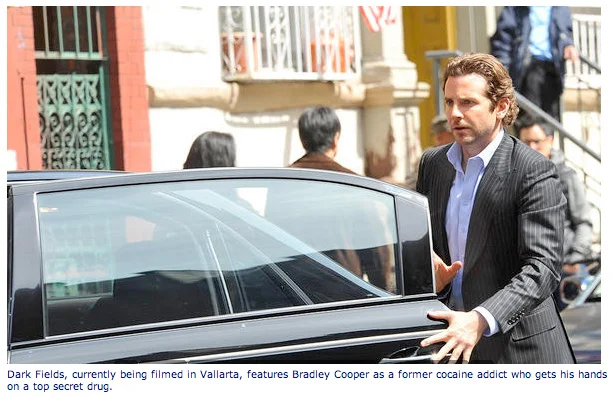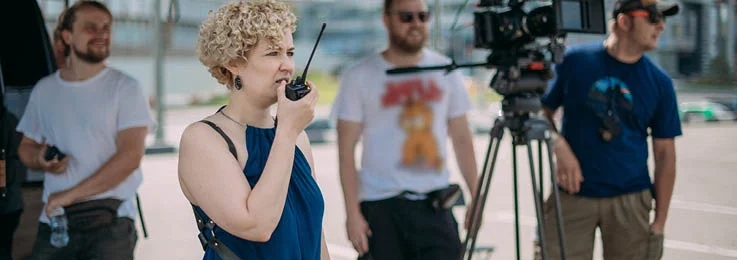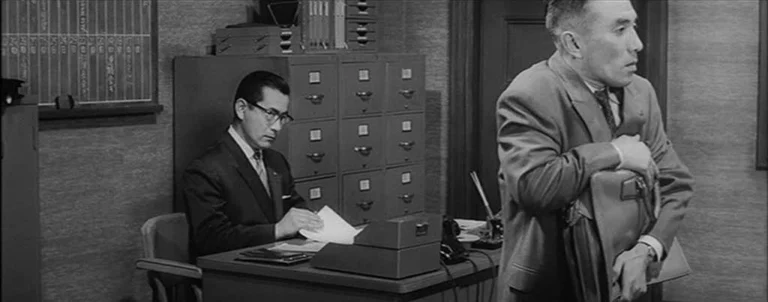The Art of Filmmaking: Mastering the Director’s Craft
As the driving force behind a film’s creative vision, the director plays a critical role in the filmmaking process.
From developing the initial concept to overseeing the final edit, the director’s craft requires a unique set of skills that go beyond just telling a story.
In this article, we’ll explore the essential elements of a director’s craft and what it takes to become a successful filmmaker.

Developing a Vision: The Importance of Conceptualizing a Film
The first step in mastering the director’s craft is developing a clear vision for the film.
This involves conceptualizing the story, determining the style and tone of the film, and creating a cohesive plan for production.
To do this, directors need to have a deep understanding of storytelling and the ability to translate their ideas into a visual medium.
They must also have a keen eye for detail and the ability to convey their vision to the cast and crew.
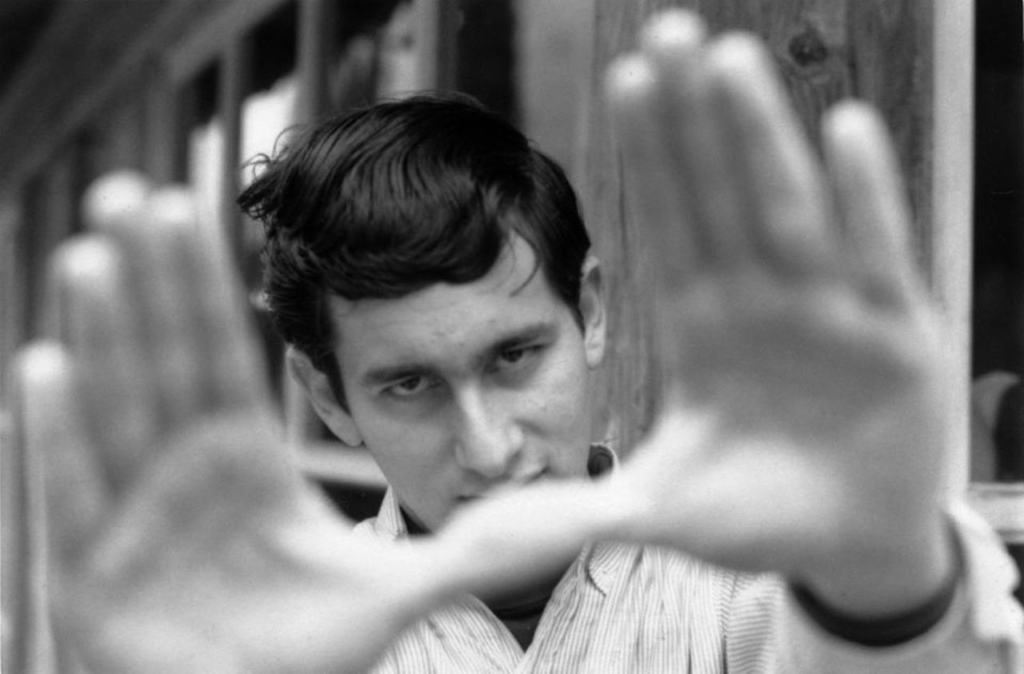
Leading the Team: Collaborating
A director’s role doesn’t stop at conceptualizing the film; they must also lead the cast and crew throughout the production process.
This requires strong leadership skills, the ability to communicate effectively, and the capacity to inspire and motivate others. Collaboration is key in filmmaking, and a director must foster a positive and creative work environment to bring their vision to life.with the Cast and Crew
Capturing the Vision: The Role of Cinematography
While the director’s role is to develop the vision for the film, the cinematographer’s job is to capture it on camera. A director must have a strong understanding of the visual language of film and the ability to communicate their ideas to the cinematographer. They must work together to determine the framing, lighting, and camera movement that will best convey the story and tone of the film.
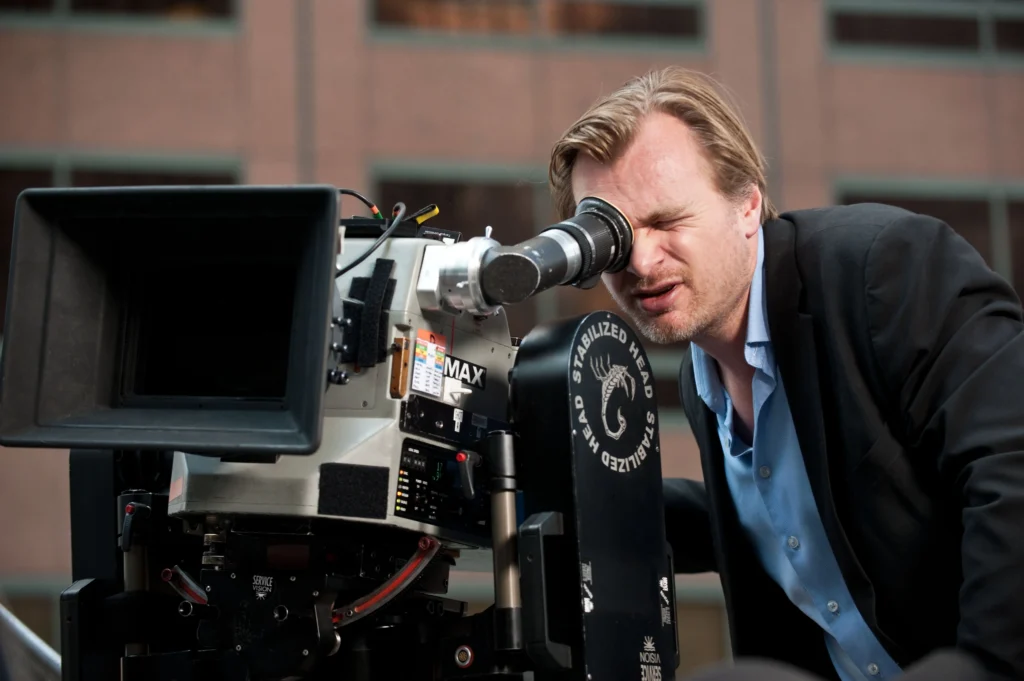
“There’s a point where we just let the music take over everything.”
Christopher Nolan
Bringing It All Together: The Final Edit
The final step in the director’s craft is the editing process. A director must have a deep understanding of the editing process, including pacing, rhythm, and the use of music and sound. They must work closely with the editor to bring their vision to life and make sure the final product aligns with their initial concept.
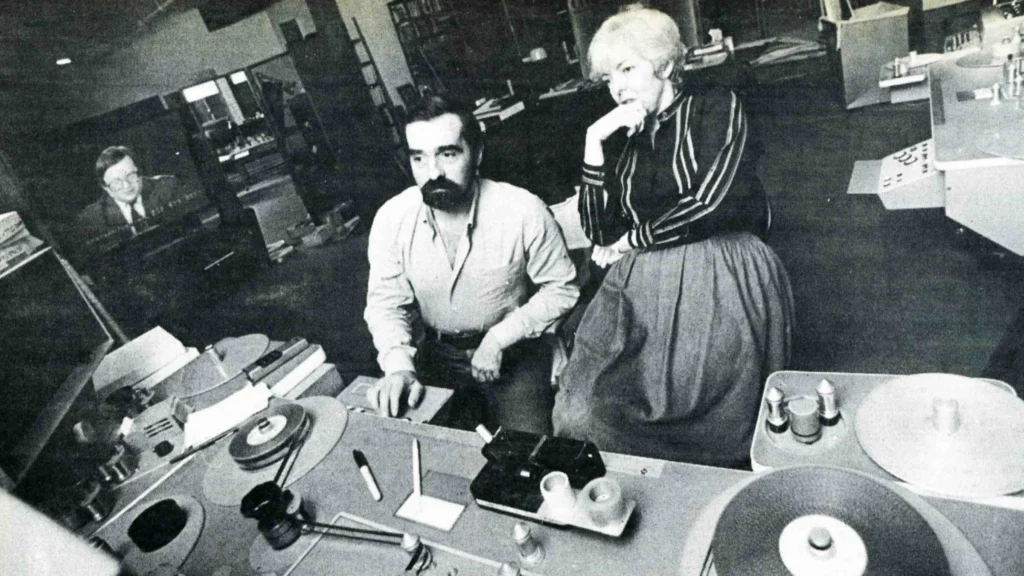
In conclusion, mastering the director’s craft requires a unique combination of creative and technical skills. It involves developing a clear vision for the film, collaborating with the cast and crew, capturing the vision through cinematography, and bringing it all together in the final edit. Becoming a successful filmmaker requires hard work, dedication, and a passion for storytelling. With the right mindset and skills, anyone can master the director’s craft and bring their vision to the screen.

